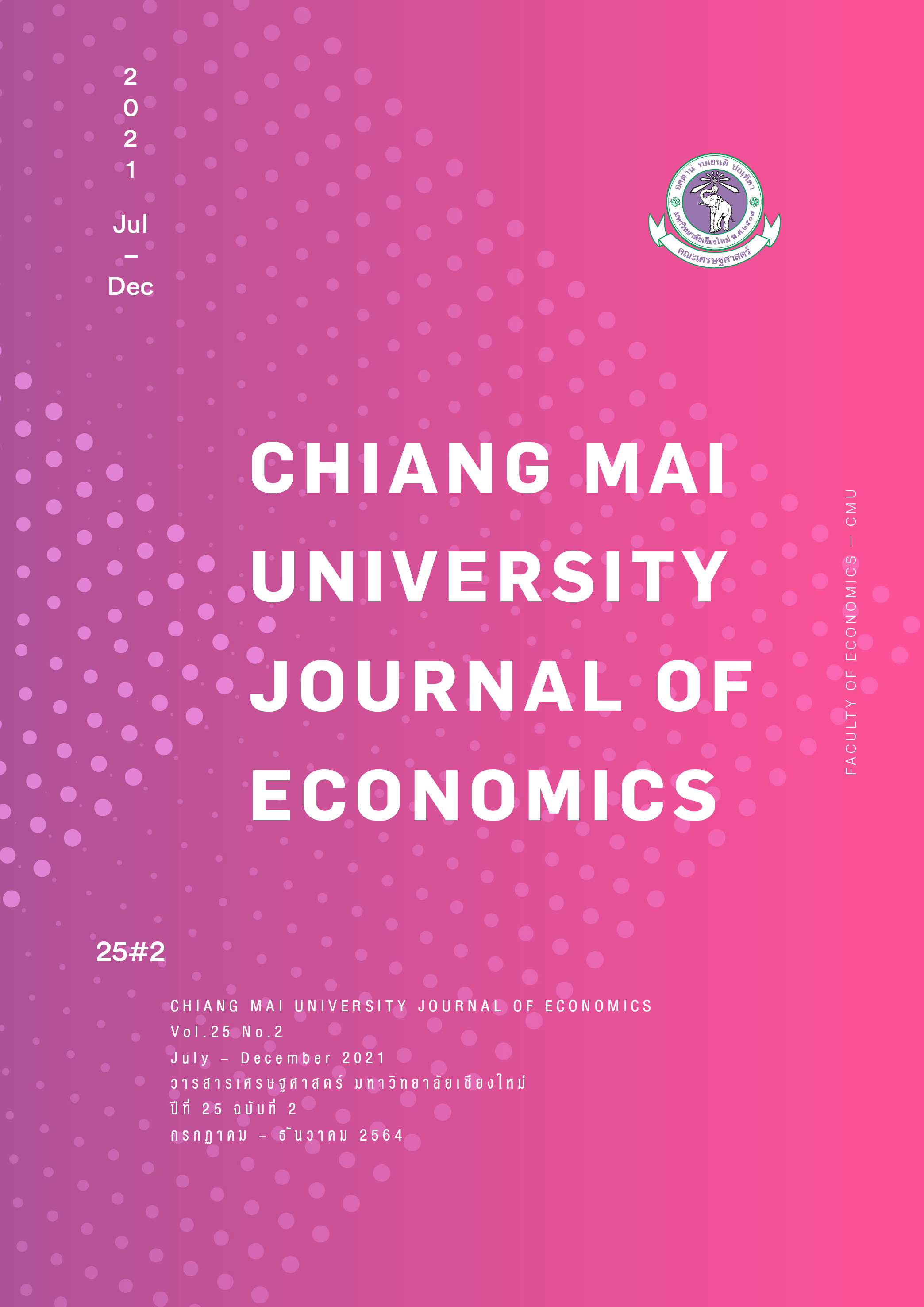Index of the Cycle of Money - The case of Thailand
Keywords:
the cycle of money, Thailand, index of the cycle of moneyAbstract
This paper seeks to make clear how the concept of the cycle of money works in an actual case scenario like this of the economic system of Thailand. The index of the cycle of money suggests how an economic system ought to counteract a monetary crisis and examines how well-structured a country’s economy is. The estimations of the index of the cycle of money of Thailand are compared with the global average index of the cycle of money. The estimations reveal that Thailand is above the average global value. Thailand’s results show that it is a well-structured economy and can face an economic crisis. The applied methodology stands on the analysis of the theory, mathematical, statistical, and econometrical results. The current work is important as it represents the strength of Thailand’s economy to a potential crisis. The results could be achieved by the application of the theory of the cycle of money to a country’s economy. Prior real case scenario conclusions are from Latvia, Bulgaria, and Serbia. This theory shows that companies with high capital should invest in manufacturing and high technology sectors having fewer taxes, for better distribution of money to the economy and smaller companies to cover the rest economic sectors. These results are from a project for multiple countries and this is the only study until the present time about this country’s index of the cycle of money. The period that used for compilations is the global recession period of 2012 - 2017.
Downloads
Published
Issue
Section
License
All opinions and contents in the CMJE are the responsibility of the author(s). Chiang Mai University Journal of Economics reserves the copyright for all published materials. Papers may not be reproduced in any form without the written permission from Chiang Mai University Journal of Economics.






